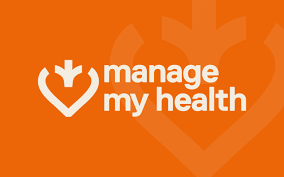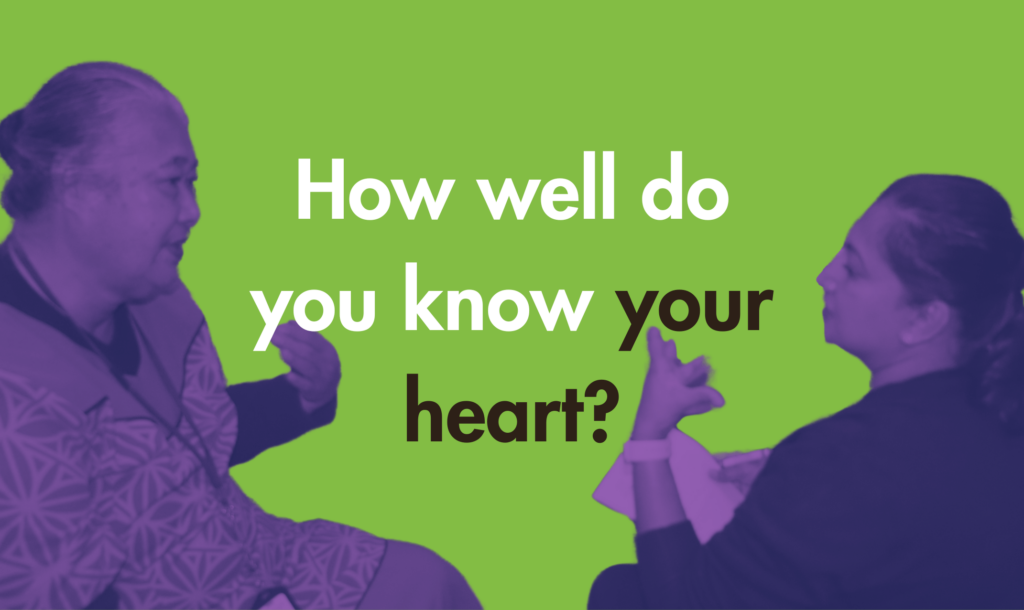
Heart disease is a major health concern in Aotearoa, with Māori and Pasifika communities experiencing higher rates and earlier onset of heart failure than other groups. However, much of this burden is preventable with the right education, early intervention, and culturally appropriate care.
Heart disease statistics for our community
Heart disease disproportionately affects Pasifika, leading to higher rates of illness, hospitalisation, and premature death.
More than 7,000 Pacific people live with heart disease in New Zealand.
2 in 5 Pacific deaths from heart disease occur between ages 35–65.
Pacific people are 1.2x more likely to live with heart disease than non-Pacific people.
Pacific women are 2.4x more likely to experience heart failure than non-Pacific women.
Cardiovascular disease (CVD) is the leading cause of death for Pacific people.
1 in 3 Pacific deaths are from CVD.
372 Pacific people died from CVD in 2016—60% of these deaths were premature (before age 75).
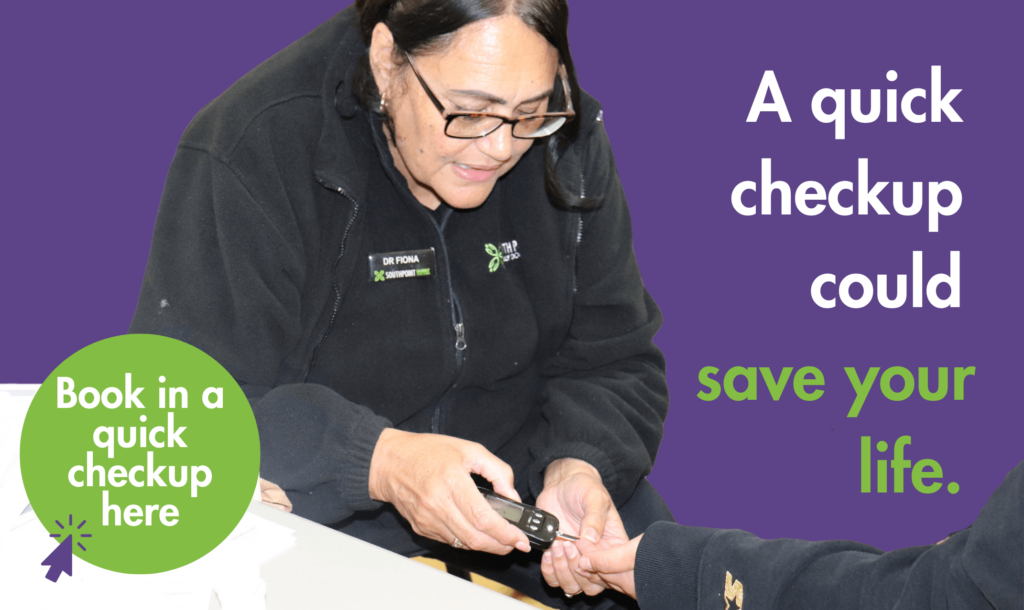
Underlying risk factors for Pacific people
1.5x more likely to be smokers than non-Pacific adults.
2.27x more likely to be affected by obesity than non-Pacific adults.
3.07x more likely to be affected by childhood obesity than non-Pacific children.
0.91x less likely to be physically active than non-Pacific adults.
Why are Pasifika more at risk?
Many Māori and Pasifika patients face systemic and social challenges that impact their heart health, including:
- Cultural barriers – A lack of culturally safe care leads to mistrust and disengagement.
- Language barriers – Many patients rely on family members to translate medical information.
- Financial pressures – Some whānau feel they cannot prioritise their health due to work and family responsibilities.
- Limited access to care – Long wait times, travel difficulties, and financial constraints prevent regular check-ups.
- Mistrust in the system – Past negative experiences discourage Māori and Pasifika from seeking medical help.

How are we addressing these issues at Southpoint Family Doctor’s?
At Southpoint Family Doctors, we are committed to breaking down these barriers by:
✅ Providing culturally mindful care – Our diverse team understands and respects Māori and Pasifika values, ensuring patients feel heard and cared for. We are committed to helping patients understand their diagnosis and treatment in a way that makes sense to them.
✅ Flexible and accessible appointments – We do our best to provide affordable care, online bookings and seasonal weekend clinics to make it easier for busy families to get check ups.
✅ Whānau-centered health plans – We involve families in healthcare discussions to ensure support at home.
✅ Offering social navigation services – looking after your health goes beyond the physical needs. Our team of social navigators provide guidance on accessing community resources, social support, and healthcare services to help you navigate challenges and improve overall well-being. Learn more here.
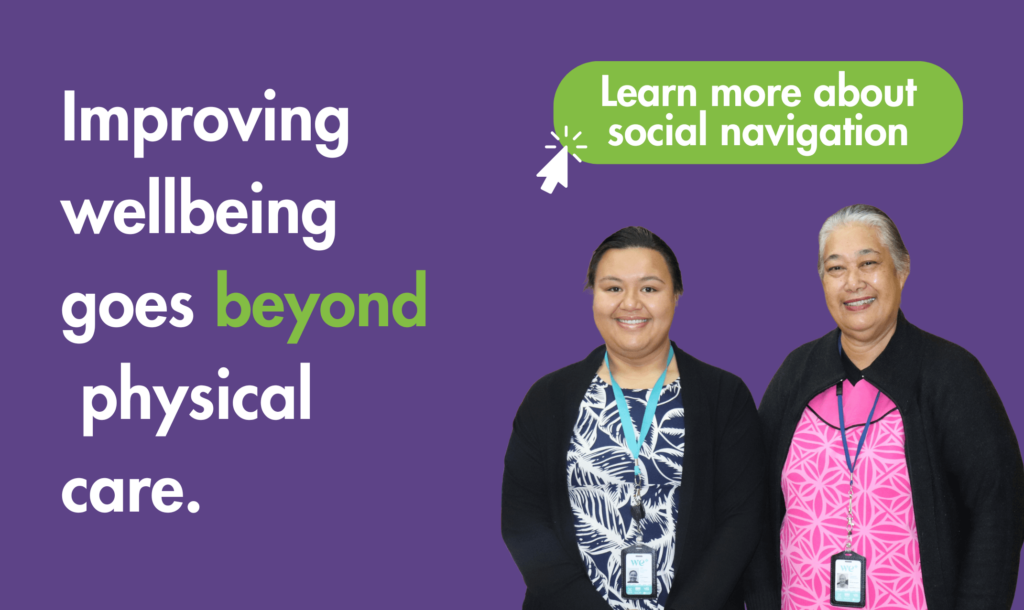
Prevention: How to reduce your risk
The good news? Heart disease is largely preventable! Here’s how you and your whānau can take action today:
1. Regular check-ups
- Early detection saves lives—don’t wait until it’s too late. Book a consultation now.
- Get your blood pressure, cholesterol, and blood sugar levels checked regularly.
- Encourage whānau to get checked too—sometimes a little “nagging” can save a life!
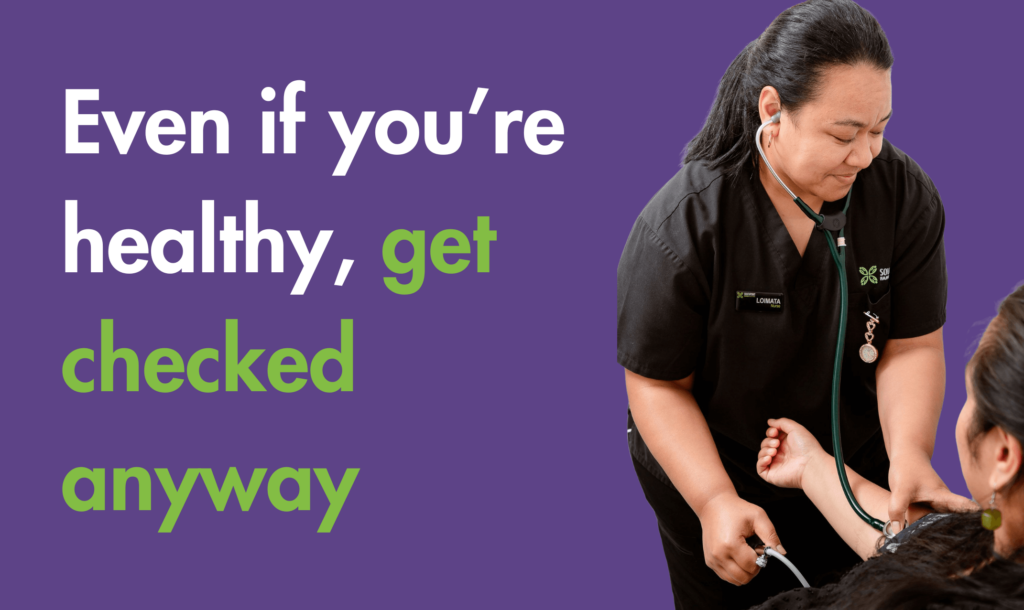
2. Eat heart-healthy kai
- Reduce salt, processed foods, and sugary drinks.
- Add more fresh fruits, vegetables, whole grains, and lean protein to your meals.
- Healthy food doesn’t have to be expensive—buying in bulk, choosing seasonal produce, and preparing meals at home can help.
3. Move your body
- Physical activity reduces heart disease risk. Aim for at least 30 minutes of movement a day—this can be walking, dancing, or even playing with the kids.
- Find something you enjoy—exercise doesn’t have to feel like a chore!
4. Quit smoking
- Smoking greatly increases the risk of heart disease.
- If you or a loved one wants to quit, there are free support services available—reach out for help.
5. Manage stress & prioritise mental wellbeing
- Stress impacts heart health. Practices like prayer, meditation, and spending time with loved ones can help.
- If you’re feeling overwhelmed, reach out for support. We offer a mental wellness clinic providing personalised support tailored to the unique needs of our diverse communities.

Long-term management: living well with heart disease
For those already diagnosed with heart failure, continuity of care is essential. The right support can improve survival rates, quality of life, and overall wellbeing. At Southpoint Family Doctor’s, we offer tailored treatment plans and support to help patients take back control of their health, and their quality of life. To find out more, visit our long term conditions services.
How we support long-term heart health at Southpoint Family Doctor’s
✅ Individualised care plans – Tailored to each patient’s needs, culture, and lifestyle.
✅ Dietary and lifestyle advice – Practical, culturally appropriate guidance on heart-healthy eating and movement.
✅ Ongoing monitoring & follow-ups – We keep in touch to help you stay on track.
✅ Whānau involvement – Encouraging family support for better health outcomes.
👉 Need a check-up? Book an appointment today! Your heart and whānau will thank you.

Sources & further reading
Heart Disease Resources in Pacific Languages –https://www.heartfoundation.org.nz/resources
Heart Foundation Pacific Heart Health Statistics – https://www.heartfoundation.org.nz/your-heart/pacific-heartbeat/pacific-heart-health-statistics
NZ Medical Journal: Māori & Pacific Heart Failure – https://www.nzma.org.nz/journal-articles
Manawa Ora – Heart Failure Care Guides – https://www.hqsc.govt.nz
Together, we can change the future of heart health for Māori and Pasifika.
